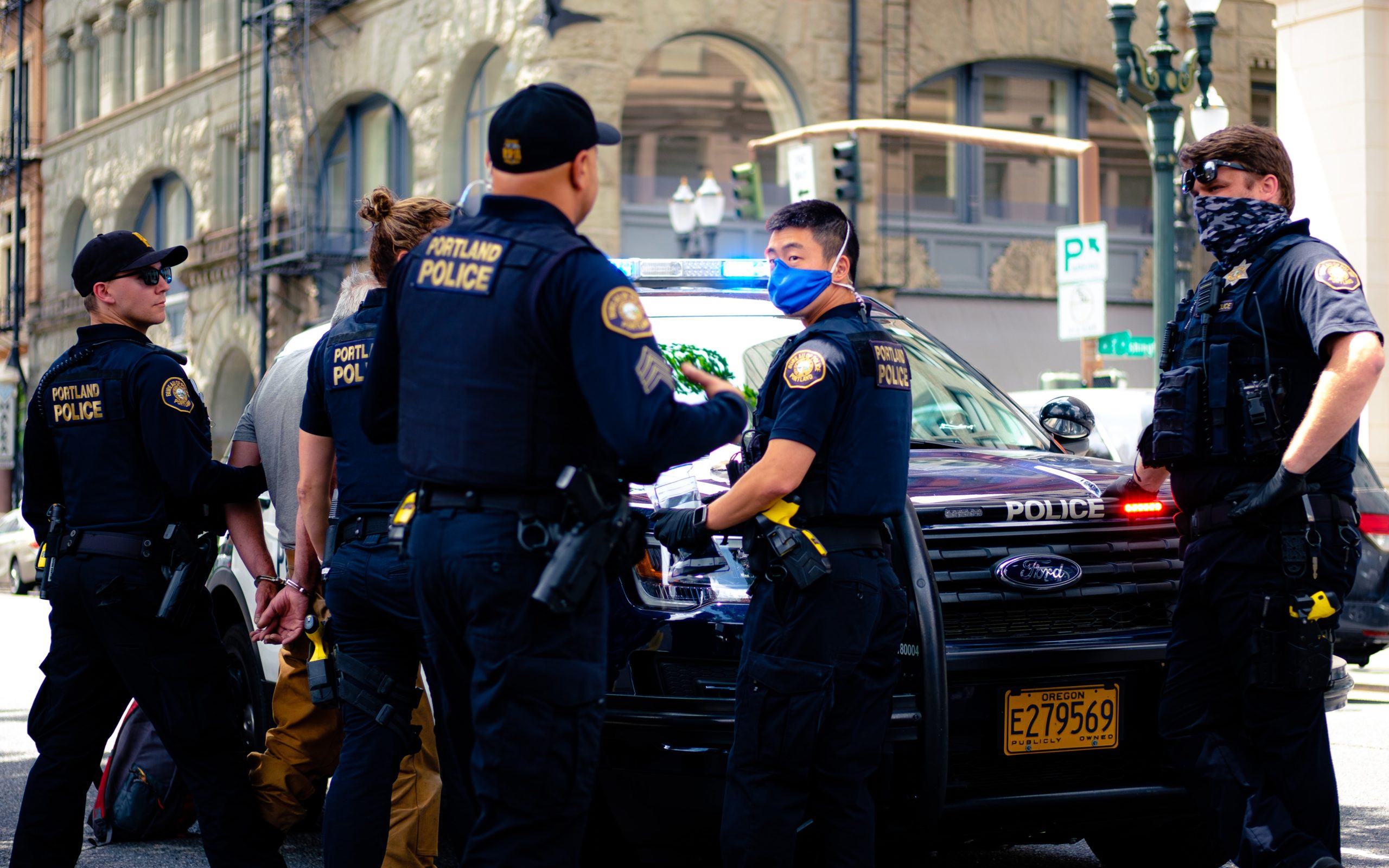A felony conviction in California means that the person convicted will not only spend time in county jail or state prison, but will also lose several rights, such as the right to own firearms and the right to vote. A felony conviction also means that a person cannot serve on a jury.
While there are many people who would rather never have to step foot in a court to serve on a jury, the ability to serve on one is every citizen’s right to ensure the justice system is fair–a right that ex-felons do not have.
A new bill working its way through California’s legislature aims to change that. Recently, the State Senate passed SB 310, a bill that removes the prohibition from jury service for those who have been convicted of felonies and have been released. Persons still incarcerated will not be able to serve. The bill is now in consideration by the State Assembly, where it has stalled on the question of whether persons on parole or probation should be eligible. If it passes, the bill could become law as soon as the end of this year.
The Goal of Jury Selection
In California, the jury selection process is a random drawing from a pool of all registered voters and those who either have a driver’s license or other state-issued identification card. The sources are purged of duplicate names so that each person who appears on multiple lists is only added once to the eligible list.
The selection process is designed to pull from every demographic of adults in the state so that the jury is a representative cross section of the state’s population. This means persons of every race, gender, economic status, religion and sexual orientation are able to serve on any jury, which gives the parties to the case a better chance at having a fair-minded group deciding the case.
The bill’s author, State Senator Nancy Skinner (D-Berkeley), wrote: “SB310 will help ensure that California juries represent a fair cross-section of our communities…People with felony records have the right to vote in California. There is no legitimate reason why they should be barred from serving on a jury.”1
Felons on Juries: Too Lenient?
Critics of the bill say that it is a given that ex-felons will undoubtedly be more lenient toward people facing criminal charges and therefore prosecution of crimes in this state with felons sitting on juries will become even more difficult. However, that argument appears to have no scientific basis, and is based on an assumption of bias against the state for those who have been sent to its prisons.
In fact, at least one study has shown that the opposite is true. Persons who have been convicted of crimes tend to be more attentive to the facts, and more deliberative in making decisions, and vote to convict as often as those without a prior conviction.2 Additionally, there is an argument that those who have been convicted in the criminal justice system can bring their experience to help other jurors understand the process, ensuring that cases are carefully considered by jurors and according to a correct understanding of the case.
The criticism has no bearing on the other side of our justice system. Many civil cases require juries as well. The assumed bias against convicting a person plays no role in a lawsuit between a plaintiff and defendant, as the juror’s role in those cases is usually to decide on disputes that are not related to any criminal matter.
Finally, one of the goals of the criminal justice system is to rehabilitate people who have committed crimes and return them to being productive members of society. One of the surest ways to do that is to give a sense of being treated the same, having the same rights and duties as any other person. Jury duty is a service to the rest of the community, and allowing someone to participate allows them to feel like part of society.
Wallin & Klarich Wants to Hear from You
We want to hear what you think of the proposal that persons with felony convictions be allowed to serve on juries. Do you think people with felonies can make good jurors? Or are they likely to be too biased and make it more likely that persons who committed crimes will go free? Please leave us your comments below.
[1] John Phillips, “Opinion: California moves to let felons serve on juries” The Orange County Register, June 13, 2019, available at: https://www.ocregister.com/2019/06/13/california-moves-to-let-felons-serve-on-juries/
[2] Jacob Rosenberg, “Jury Duty Is the Next Big Step for Felons’ Rights” Mother Jones, May 21, 2019, available at: https://www.motherjones.com/politics/2019/05/jury-duty-is-the-next-big-step-for-felons-rights/



